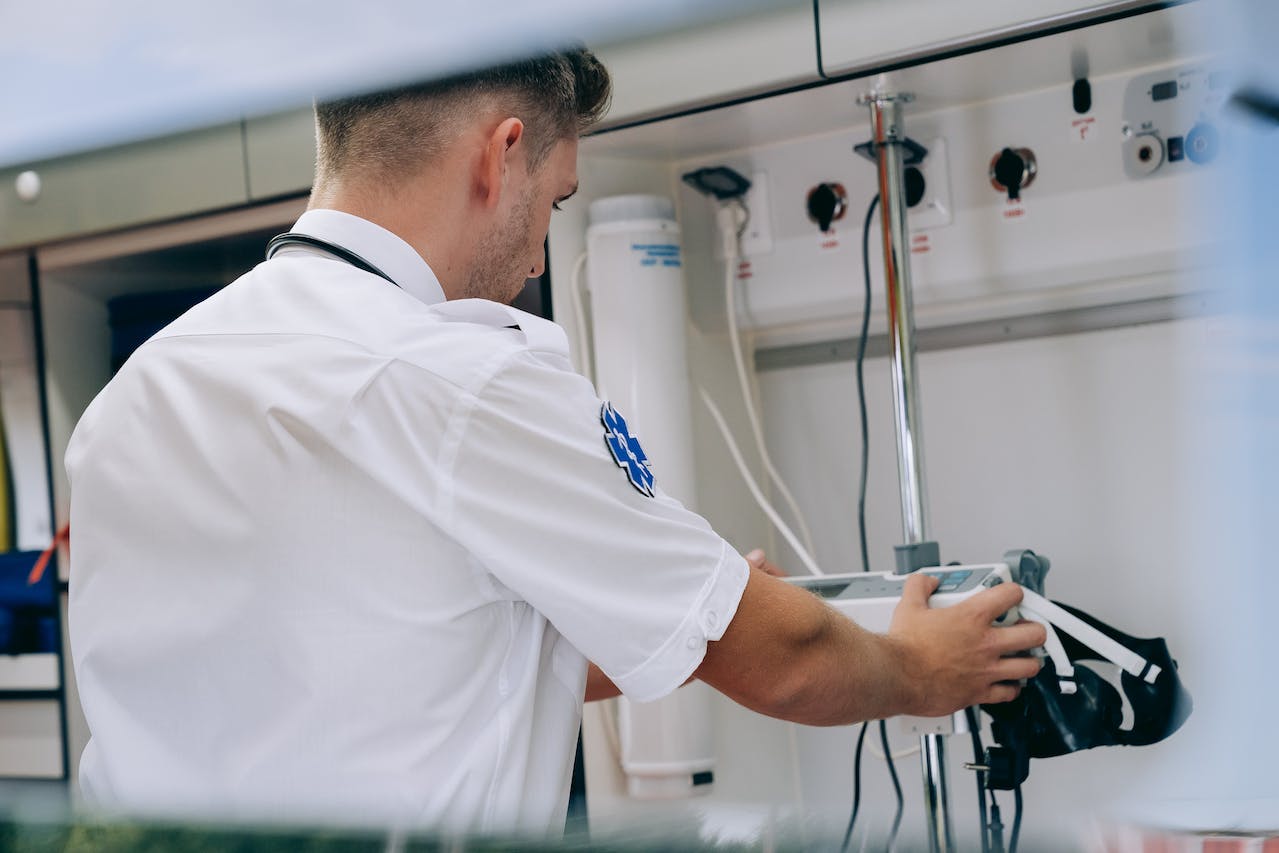Understanding the Basics of Kidney Disease
Chronic Kidney Disease (CKD): Unseen Struggles
Chronic Kidney Disease (CKD) is a silent epidemic affecting millions worldwide. This condition gradually damages the kidneys over time, often without noticeable symptoms in the early stages. The kidneys, vital organs responsible for filtering waste and excess fluids from the blood, play a crucial role in maintaining overall health. When these intricate filtering units become impaired, it can lead to a cascade of health issues.
Key Facts:
- CKD often progresses silently, with symptoms becoming noticeable only in advanced stages.
- Common risk factors include diabetes, hypertension, and a family history of kidney disease.
- Early detection through routine screenings is pivotal for managing and slowing down the progression of CKD.
Dialysis: A Lifesaving Intervention
For those grappling with advanced kidney disease, dialysis emerges as a lifeline. Dialysis is a medical procedure that mimics the kidney's function, removing waste, salt, and extra water from the body. This artificial filtration process is crucial when the kidneys can no longer perform these functions adequately.
Scientific Insight: Studies have shown that dialysis significantly improves the quality of life for individuals with end-stage renal disease (ESRD). While it may not cure kidney disease, dialysis serves as a bridge to transplantation or as a long-term solution for those who may not be eligible for a transplant.
The Intricacies of Dialysis
Hemodialysis: Cleansing Blood, Restoring Vitality
Hemodialysis is the most common form of dialysis, involving the use of a dialyzer to filter blood outside the body. During a hemodialysis session, blood flows through a special filter in the dialyzer, which removes waste and excess fluids. The purified blood is then returned to the body.
Patient Testimonial: Meet Sarah, a resilient individual who has been on hemodialysis for three years. She attests to the life-altering impact of hemodialysis, noting that while it requires commitment, the benefits in terms of improved energy levels and overall well-being are undeniable.
Peritoneal Dialysis: Harnessing the Body's Natural Filtration
Peritoneal dialysis takes advantage of the peritoneum, a membrane lining the abdominal cavity. A cleansing fluid is introduced into the abdomen through a catheter, and waste products pass from the blood vessels in the peritoneum into the dialysis fluid. After a dwell period, the fluid, now laden with toxins, is drained, and the process is repeated.
In-depth Insight: Recent studies have indicated that peritoneal dialysis may offer advantages in terms of flexibility and preservation of residual kidney function compared to hemodialysis. This option appeals to many individuals seeking a more independent and home-based approach to dialysis.
Home Dialysis: Empowering Patients
In recent years, the landscape of dialysis has evolved, with an increasing emphasis on home-based options. Home dialysis provides patients with the flexibility to manage their treatment within the comfort of their own environment, reducing the need for frequent hospital visits.
Advancements in Technology: Technological advancements, such as the development of portable and user-friendly dialysis machines, have facilitated the rise of home dialysis. Patients like Mark, who transitioned to home peritoneal dialysis, have reported a significant improvement in their quality of life and a sense of empowerment in managing their health.
Navigating Lifestyle Changes
Dietary Considerations: A Balancing Act
For individuals undergoing dialysis, dietary adjustments play a pivotal role in managing their health. Controlling the intake of certain nutrients like sodium, potassium, and phosphorus becomes crucial to prevent complications and maintain optimal well-being.
Expert Advice: Nutritionists recommend working closely with healthcare providers to tailor a diet that aligns with individual needs. This collaborative approach ensures that nutritional requirements are met while mitigating the risk of electrolyte imbalances.
Emotional Well-being: A Cornerstone of Care
The emotional toll of living with kidney disease and undergoing dialysis should not be underestimated. It's a journey that requires resilience, support, and a holistic approach to well-being.
Support Groups and Counseling: Joining support groups or seeking counseling can be immensely beneficial for individuals and their families. Shared experiences, coping strategies, and a sense of community contribute to a more positive outlook, reinforcing the importance of emotional well-being in the overall care continuum.
Innovations on the Horizon
Bioengineering Breakthroughs: A Glimpse into the Future
The realm of kidney disease management is witnessing promising advancements in bioengineering. Researchers are exploring innovative solutions, including the development of artificial kidneys and bioengineered tissues.
Current Developments: Scientists have made significant strides in creating implantable devices that replicate essential kidney functions. While these technologies are still in the experimental stages, they hold the potential to revolutionize the landscape of kidney disease treatment.
Precision Medicine: Tailoring Treatment to Individuals
The era of precision medicine has dawned upon us, and its impact on kidney disease management is noteworthy. Personalized treatment plans, taking into account an individual's genetic makeup, lifestyle, and specific health parameters, are becoming more prevalent.
Clinical Trials and Success Stories: Participation in clinical trials exploring personalized treatment approaches has yielded positive outcomes for some patients. The intersection of technology, genetics, and medicine offers a glimpse into a future where kidney disease interventions are tailored to maximize efficacy and minimize side effects.
Conclusion
Navigating the intricate landscape of kidney disease and dialysis demands a multifaceted approach. From understanding the basics of chronic kidney disease to exploring the nuances of different dialysis modalities, patients and their families are empowered when armed with knowledge. Embracing lifestyle changes, harnessing the potential of innovative treatments, and prioritizing emotional well-being collectively contribute to a holistic framework for kidney disease management.
As the medical field continues to evolve, promising developments on the horizon offer hope for enhanced treatment options and improved quality of life. Through ongoing research, personalized care, and a shared commitment to raising awareness, the journey of those affected by kidney disease becomes one of resilience, hope, and possibility.

